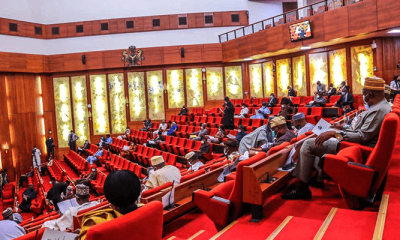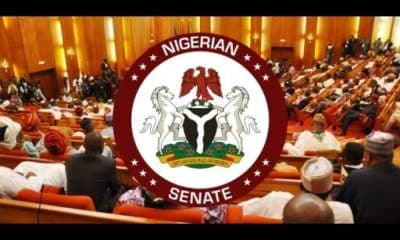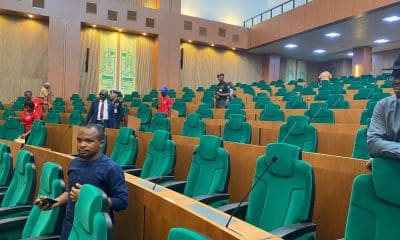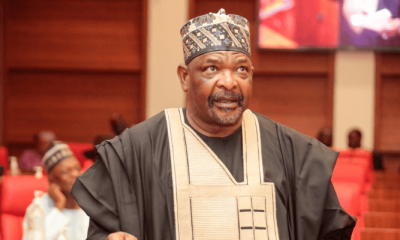Nigeria News
NASS Probes $496 Million Payment For Itakpe Iron Ore Concession
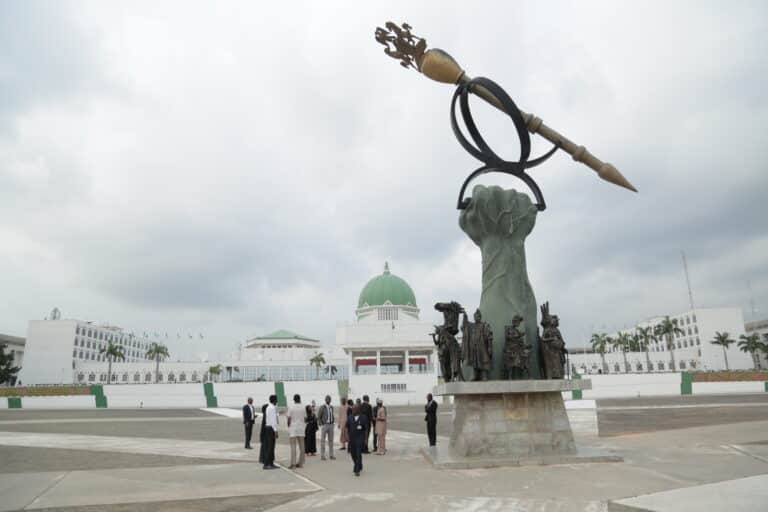
On Thursday, the Joint Committee of the National Assembly on Steel Development passed a resolution to look into the $496 million that the Federal Government gave to an Indian company that failed to revive the Itakpe Iron Ore Company.
The National Iron Ore Mining Company in Itakpe, Kogi State, was taken over by Global Infrastructure Holding Limited in 2016. However, due to non-performance, the deal was terminated in 2019.
Following GIHL’s lawsuit against the Federal Government for breach of contract, the latter was ordered to pay $496 million in damages.
Naija News reports that the Minister of Steel Development, Abubakar Audu, brought representatives of his ministry before the National Assembly on Thursday to defend his Ministry’s budget for 2024, bringing the failed concession agreement to light.
Audu informed the panel that the concession was cancelled due to the concessionaire’s failure to live up to expectations.
The minister said, “The firm was supposed to be producing iron ore and transfer it to Ajaokuta for steel development but it was busy exporting the commodity.
“Before the exit of the last administration, the Federal Government went through litigation and a settlement was reached. The federal government paid $496m to the Indian firm for breach of agreement.”
The minister however disclosed that President Bola Tinubu had instructed him to bring the two steel companies in Itakpe and Ajaokuta back to life.
“Historically, iron ore used to be produced in Itakpe. They have a lot of staff that were producing iron ore. Some of the production lines in Ajaokuta were also working. We are still paying the staff there because the agreement has been terminated,” the minister said.
One of the Committee members, Senator Natasha Akpoti Uduaghan, was enraged by Audu’s testimony and asked why N1.5 billion was being paid yearly to employees of a company that had been concessioned.
Another question raised by Uduaghan was why the deal was terminated quietly and without public notice.
Inquiring further, she wanted to know if the Indian company, which was operating illegally, was subject to any penalties for breaking the contract.
She pushed the committee to look into the concessioned deal in its entirety and wanted information about the lawsuit.
Udaghan said “The Indian firm could not perform, they denied Nigerians, access to the iron ore company for three years. Instead of them being penalised for depriving Nigeria of its social and economic growth, we compensated them further by paying them $469 million.
“This committee would like to see the court papers that penalized Nigeria. Mr. Chairman (of the Committee) let us concentrate on the budget defence now and organise a public hearing on it later. This is because we cannot continue to enrich some people at the detriment of our dear country.”



